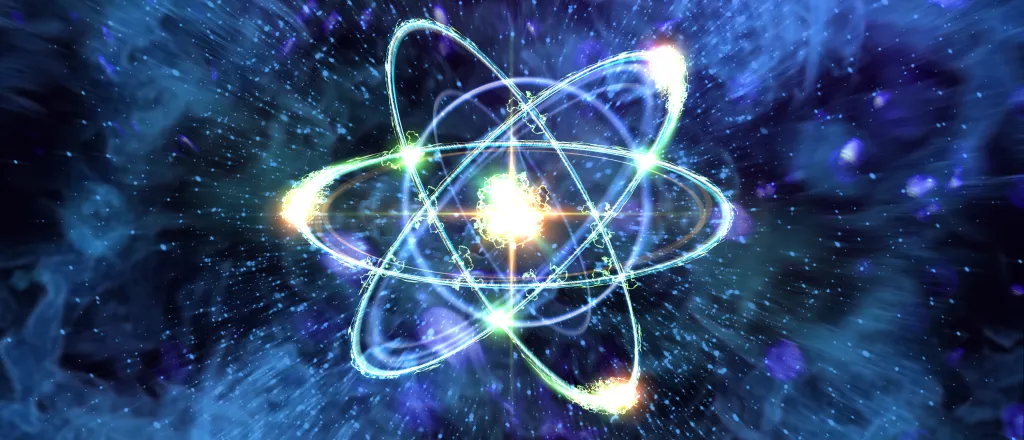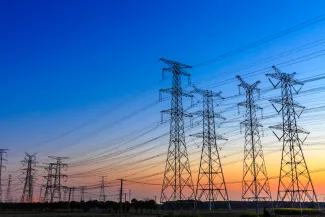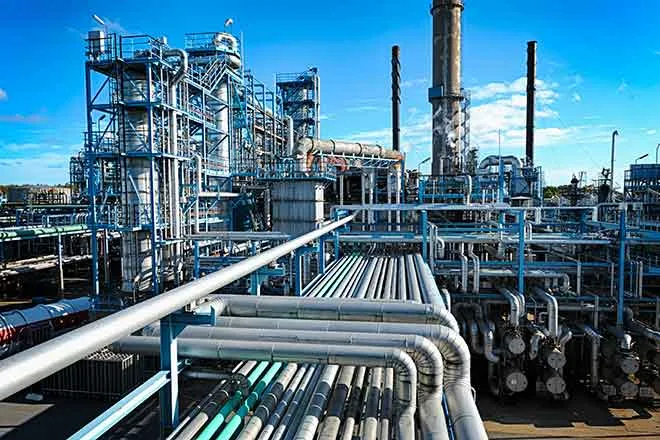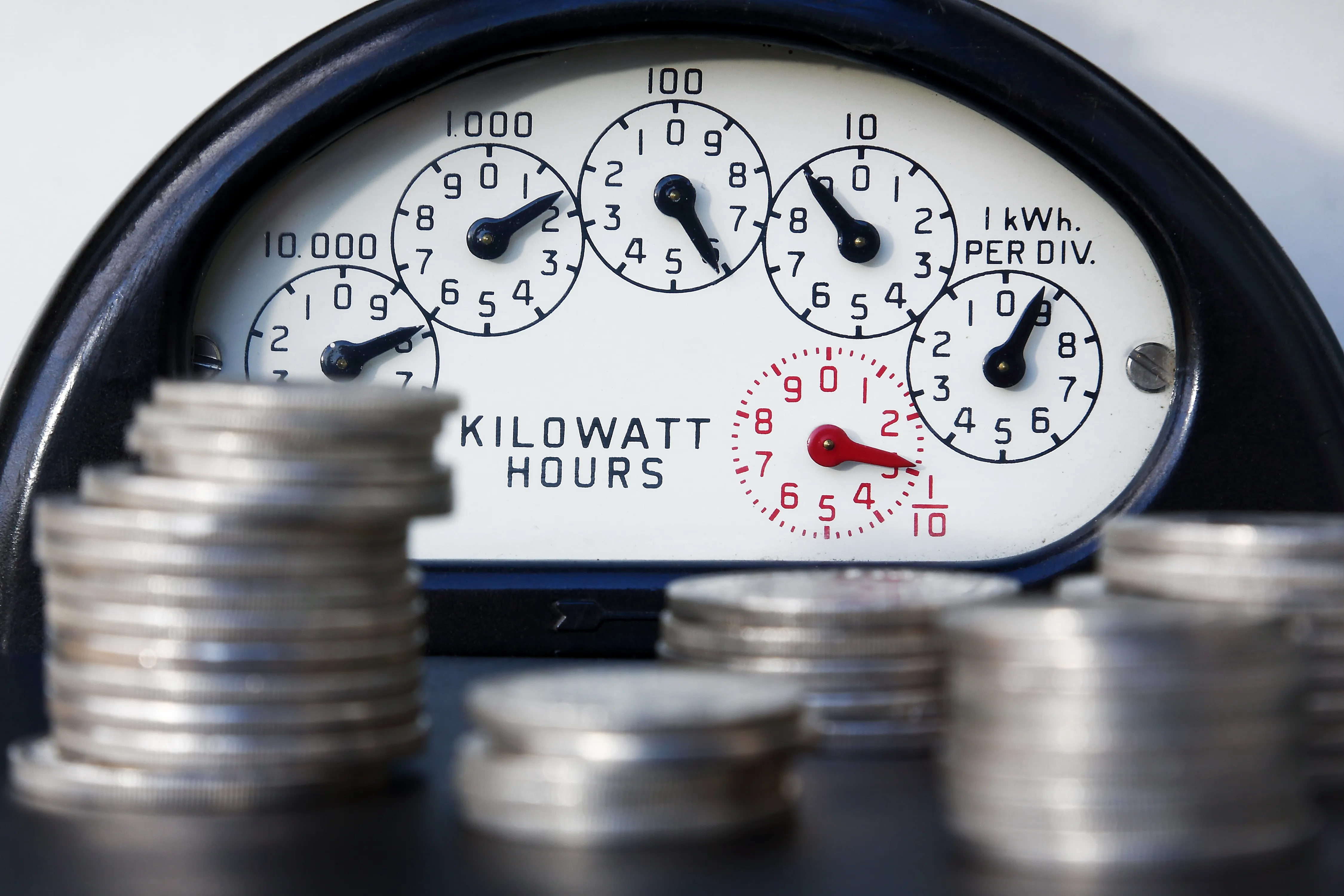
Big tech backs nuclear energy expansion
Click play to listen to this article.
In the wake of plans to reopen the Palisades Nuclear Plant in Covert Township after three years of inactivity, major tech companies have pledged to triple global nuclear energy output by 2050.
The tech giants include Amazon, Google and Meta, signing the "Large Energy Users Pledge" at a major energy conference in Houston this month. The pledge backs development of small modular reactors for data centers and artificial intelligence but raises concerns over regulations and public opposition.

© zhaojiankang - iStock-802436842
M. V. Ramana, professor of disarmament, global and human security at the University of British Columbia, a physicist and nuclear expert, said nuclear energy is environmentally risky and expensive, and despite the wealth of Big Tech, he pointed out, they will not be footing the bill.
"Much of the funding for any of these activities -- whether it's building new reactors or reopening old, shuttered reactors -- is coming from the public," Ramana emphasized. "Tax money that's going in, it'll be the ratepayers' money."
For Michigan's Indigenous communities opposed to nuclear expansion, it is much deeper than just a financial issue. They urged listening to the natural world and ancestral teachings rather than allowing outsiders to dictate their future. Supporters argued expansion is crucial for meeting energy demands and cutting carbon emissions.
Critics contended most small reactors exist only on paper. They have not been built or tested, so claiming they are safe for the public, or for powering artificial intelligence and data centers is merely theoretical. Ramana warned those critics, the tech giants backing a boost in nuclear energy will be tough to stand up against.
"It is going to increase the pressure on the Department of Energy to approve funds," Ramana observed. "Not that the DOE requires any kind of prodding, they are only too happy to shovel out our money to all of these nuclear companies."
Supporters maintained small modular reactors will be safer, more efficient, and tested for reliability in powering the energy-intensive industries using them.

















